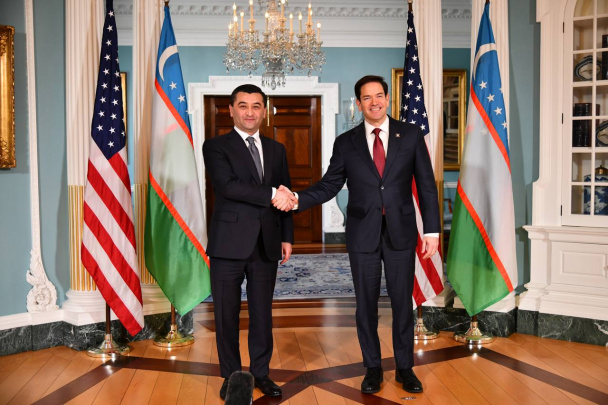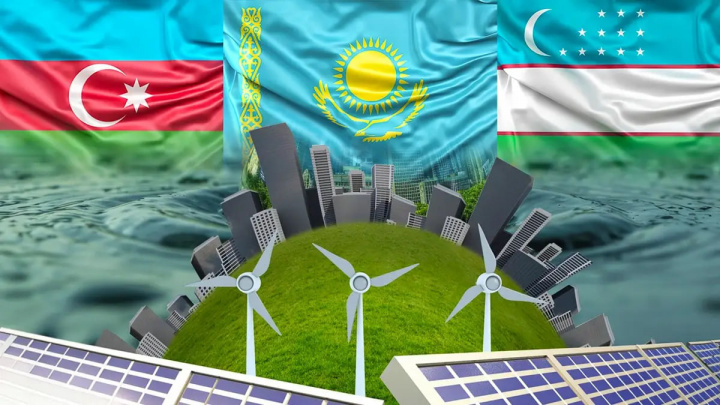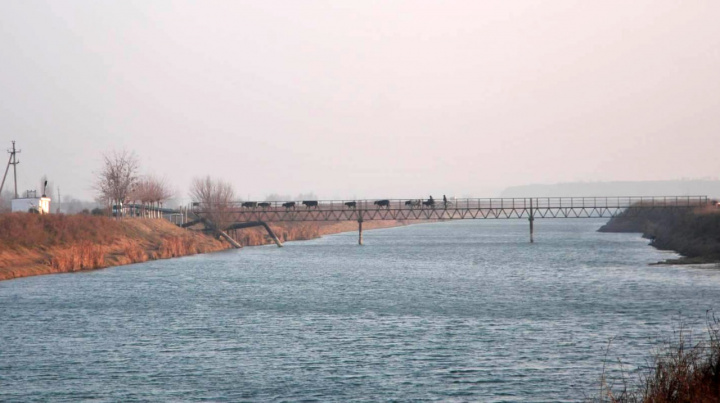Kazakhstan referendum: 71% vote in favor of nuclear power plant construction
A significant majority of Kazakhstani voters have supported the construction of a nuclear power plant (NPP) in the country, according to preliminary results from the Central Commission of Kazakhstan. The results, announced after the national referendum, show that 71.12% of participants voted in favor of the project.

The referendum, held to determine the public's stance on the construction of an NPP, saw participation from 7.82 million eligible voters, representing 63.66% of the country’s 12.28 million citizens eligible to vote. Of these, 5.56 million people supported the construction, signaling a strong mandate for the controversial project.
Discussions about building a nuclear power plant in Kazakhstan have been ongoing for several years. In September 2023, President Kassym-Jomart Tokayev proposed putting the matter to a referendum, suggesting that the final decision be made through public consultation. The proposed location for the plant is the village of Ulken on the shores of Lake Balkhash in the Almaty region, where the first public hearings were also held.
President Tokayev announced in June that the referendum would take place in the fall of 2023, with the government later setting the exact date. The debate over the plant has been highly polarized, with the hearing in Almaty marked by intense discussions, while the hearing in Astana ended in a physical altercation between participants.
During the discussions, citizens raised concerns about the potential impact of the NPP on electricity prices and questioned who would be held accountable in the event of an emergency at the plant. Despite these concerns, the majority of voters appear to have backed the government's proposal.
Kazakhstan is currently considering reactor technologies from four major suppliers — France, China, Russia, and South Korea. The NPP project is expected to attract international investors, with the government projecting a total construction cost of around $10 billion, though some experts, including representatives of "Kazakhstan Nuclear Power Plants" (a subsidiary of the state-owned Samruk-Kazyna), have suggested that the cost could rise to $15 billion. The plant's construction is expected to take approximately 10 years, with an initial capacity of 2.4 GW.
As the project moves forward, Kazakhstan continues to evaluate both the economic benefits and the environmental risks associated with the NPP, with the final decision hinging on further negotiations with international partners and technological assessments.
Recommended
List of streets and intersections being repaired in Tashkent published
SOCIETY | 19:12 / 16.05.2024
Uzbekistan's flag flies high on Oceania's tallest volcano
SOCIETY | 17:54 / 15.05.2024
New tariffs to be introduced in Tashkent public transport
SOCIETY | 14:55 / 05.05.2023
Onix and Tracker cars withdrawn from sale
BUSINESS | 10:20 / 05.05.2023
Latest news
-
Uzbekistan introduces digital labeling for agrochemicals and fertilizers
SOCIETY | 19:02 / 10.04.2025
-
Central Asia unites to end tuberculosis by 2030 under new WHO-led initiative
SOCIETY | 19:02 / 10.04.2025
-
Uzbekistan officially joins Eurasian Development Bank
POLITICS | 19:01 / 10.04.2025
-
Tashkent teacher wins lawsuit over unpaid compensation, receives 337 million UZS
SOCIETY | 18:56 / 10.04.2025
Related News

14:07 / 10.04.2025
FM Saidov holds talks with U.S. Secretary of State and National Security Advisor to discuss deeper strategic partnership and regional stability

17:00 / 09.04.2025
Uzbekistan repatriates nine children left without parental care in Almaty

19:33 / 07.04.2025
Azerbaijan, Kazakhstan, and Uzbekistan plan to establish green energy corridor

12:38 / 07.04.2025



